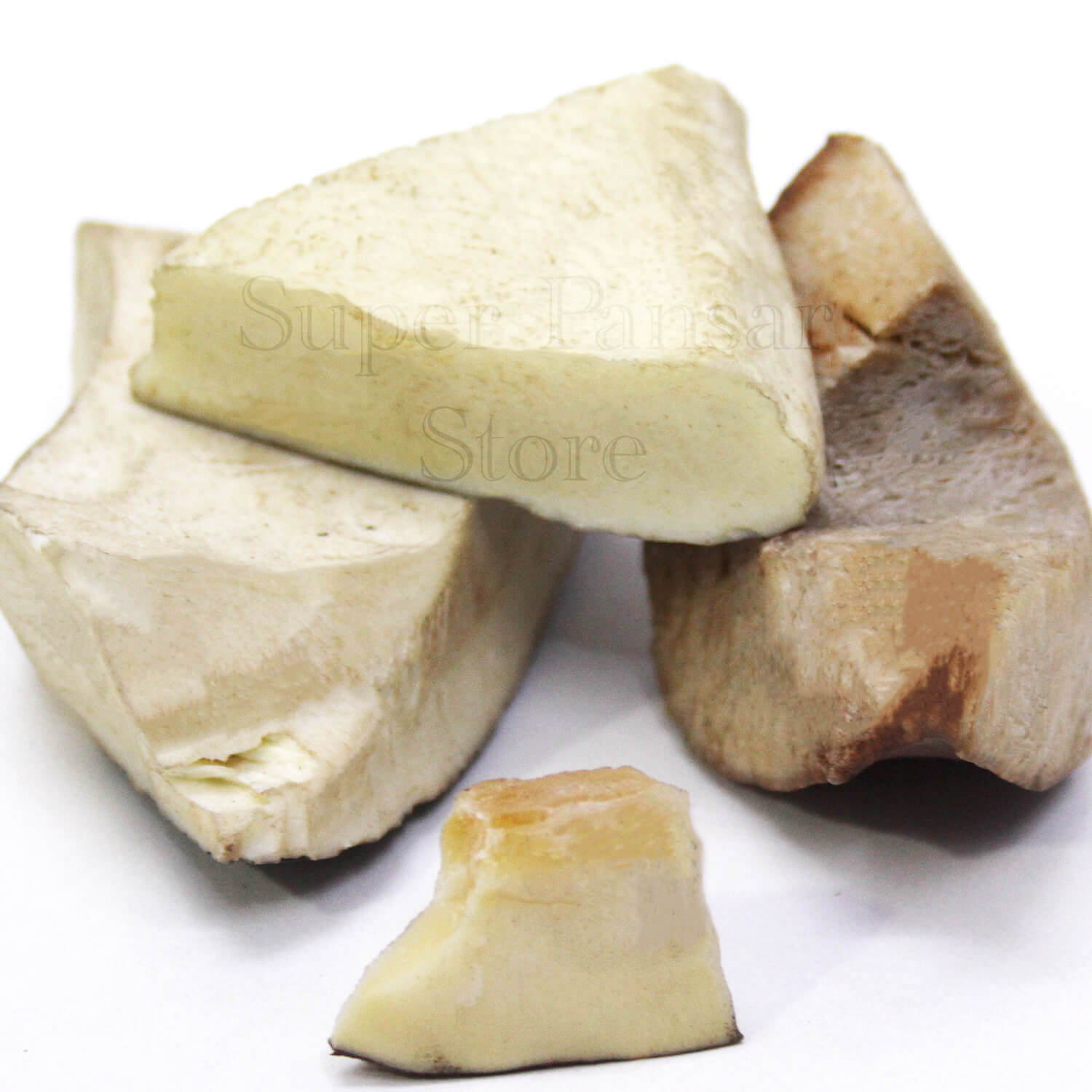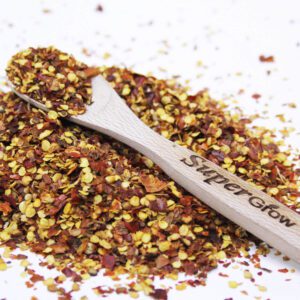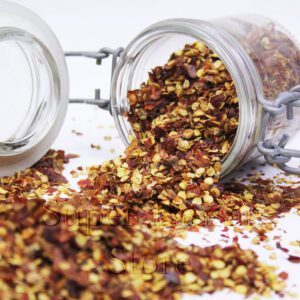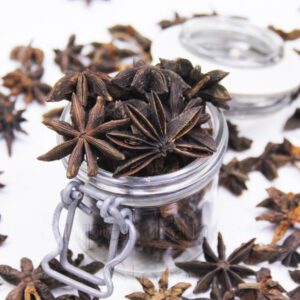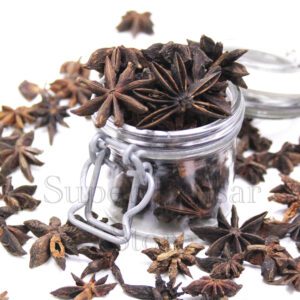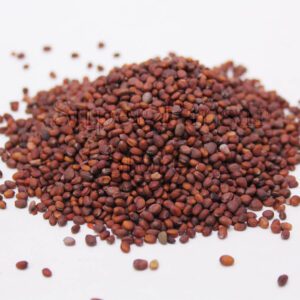Overview
Sea coconut, also known as sea coconut palm or double coconut, refers to the fruit of the palm tree species Lodoicea maldivica, native to the Seychelles islands in the Indian Ocean. The fruit is famous for being the largest seed in the plant kingdom and is known for its distinctive appearance and various uses. Sea coconuts are large, round fruits with a hard, woody outer shell that can reach up to 40-50 centimeters (16-20 inches) in diameter and weigh up to 30 kilograms (66 pounds). They are often referred to as “double coconuts” because they consist of two seed compartments within a single shell.
Benefits
Nutritional Value:
Sea coconut contain a rich, oily flesh that is high in healthy fats, particularly saturated fats. They also contain carbohydrates, protein, and dietary fiber. The flesh of the sea coconut seed can be consumed raw or cooked, providing a source of energy and essential nutrients.
Rich in Antioxidants:
Sea coconuts contain antioxidants such as phenolic compounds, which help protect cells from damage caused by free radicals. Antioxidants play a role in reducing inflammation and lowering the risk of chronic diseases such as heart disease and cancer.
Antioxidant Properties:
Sea coconut seeds contain antioxidants such as phenolic compounds, which help neutralize harmful free radicals in the body. Antioxidants play a role in reducing inflammation, protecting cells from damage, and lowering the risk of chronic diseases such as heart disease and cancer.
Skin Health:
The oil extracted from sea coconut seeds is rich in fatty acids, which can help moisturize and nourish the skin. It may be used topically to hydrate dry skin, reduce inflammation, soothe irritation, and promote overall skin health.
Digestive Health:
Some traditional medicinal uses of sea coconut include remedies for digestive disorders. It is believed that extracts from the seeds may help alleviate symptoms such as indigestion, bloating, and constipation. However, scientific evidence supporting these claims is limited.
Potential Aphrodisiac:
In traditional medicine, sea coconut seeds are sometimes used as an aphrodisiac to enhance sexual health and libido. However, scientific research on this purported benefit is lacking, and more studies are needed to validate its efficacy.
Uses
Medicinal Applications:
In traditional medicine, various parts of the sea coconut palm, including the fruit, seeds, and leaves, are believed to have medicinal properties. Extracts from the seeds may be used to treat digestive disorders, skin conditions, and other ailments. However, scientific research on the medicinal properties of sea coconut is limited, and more studies are needed to validate its efficacy.
Skin and Hair Care:
The oil extracted from sea coconut seeds is rich in fatty acids and antioxidants, making it beneficial for skin and hair care. Sea coconut oil is used topically to moisturize and nourish the skin, reduce inflammation, soothe irritation, and promote overall skin health. It is also used in hair care products to condition and strengthen the hair.
Cultural and Traditional Practices:
Sea coconut holds cultural significance in the Seychelles and is often used in traditional ceremonies and rituals. The shells of sea coconuts may be carved or decorated for decorative purposes, and the seeds may be included in ceremonial attire or used as symbolic objects.
Handicrafts:
The large, hard shells of sea coconuts are used in handicrafts and woodworking. They may be carved or shaped into decorative items such as bowls, utensils, jewelry, and ornaments. Sea coconut shells are valued for their unique appearance and durability.
Additional information
| Weight | 10 Grams, 25 Grams, 50 Grams, 100 Grams, 250 Grams |
|---|

